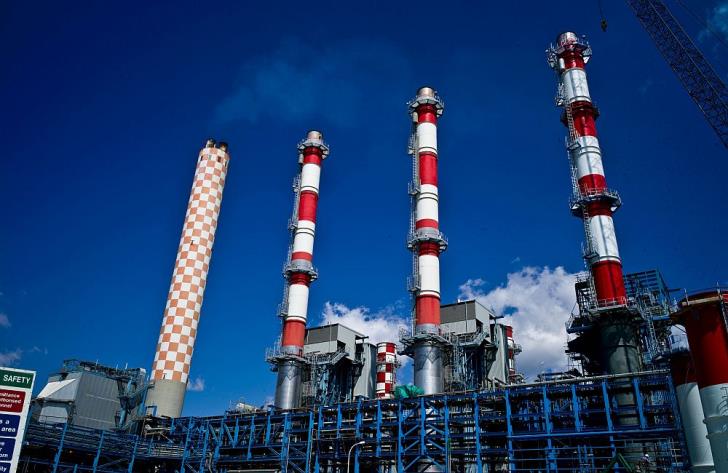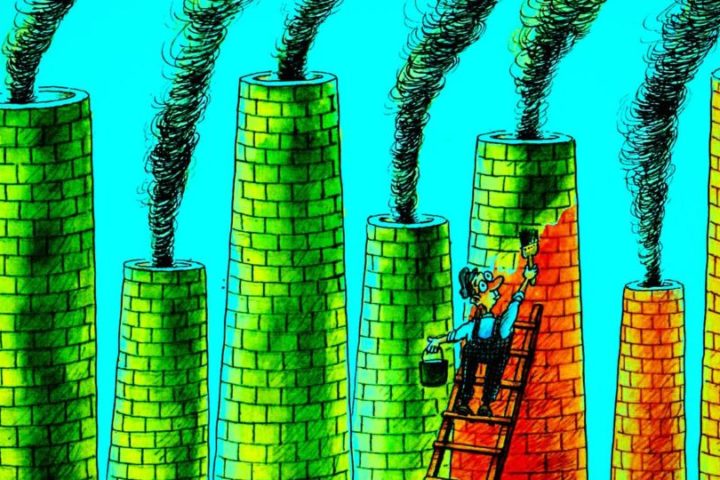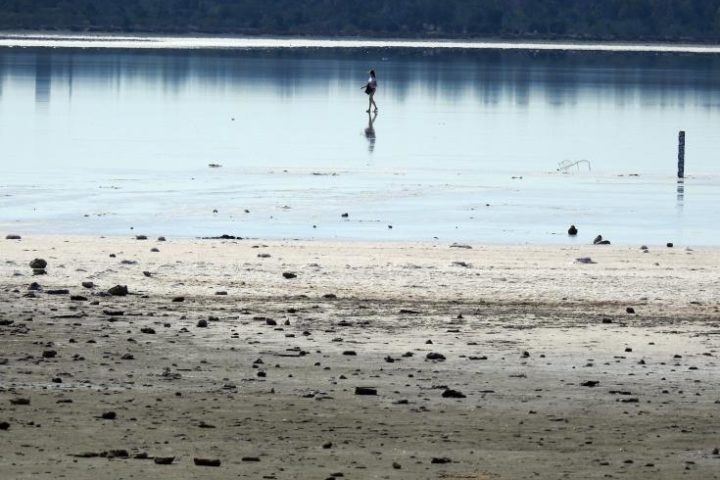While Cyprus is expected to pay more than €100 mln in fines for emissions released by its power plants, the Electricity Authority of Cyprus has come under scrutiny over failing filter systems costing millions.
The environmental department has requested measurements be carried out by an accredited laboratory abroad, indicating that pollutants released into the atmosphere are higher than permitted.
Minister of Agriculture, Costas Kadis, stated that authorities are considering taking measures provided for by the legislation and will refer to the Legal Service for guidance.
The maximum fine the Department of Environment can impose is €20,000, while the Legal Service will decide whether to launch any other action.
The issue arose after filter systems, known as Selective Catalytic Reactors, which cost the EAC €28 mln, were essentially never put into operation, as they failed to block pollutants released into the atmosphere.
Selective Catalytic Reduction (SCR) is a proven and advanced active emissions control technology system that injects a liquid-reductant agent through a special catalyst into the exhaust stream of a diesel engine.
Pollutants are produced by the combustion products of mazut used to power electricity generation.
Due to the inability of the contractor who installed the systems to resolve the issues that have arisen, EAC has proceeded to terminate the contract.
EAC then entrusted the manufacturing companies of the three reactors with an evaluation of the existing technical issues after installing the filter systems.
As part of the above assessment, the manufacturing companies have also investigated the combustion system of the units without finding any problems.
They have submitted their proposals, and the EAC will proceed as a matter of priority in awarding contracts to carry out the necessary repair work.
According to the EAC, there is no burden on public health from the processes carried out at the units in Vassiliko.
This position has also been supported by the Labour Inspection Department based on the air quality measurements from the units in the area.
Energy analyst Sotiris Kyprianou explained that the story of the SCR for EAC began in 2015 with the EU directive 2193/2015 limiting NOx and SOx emissions from existing power plants across Europe.
Going through documents, it emerged that EAC opened the tender procedure to install SCRs in 2017, and after delays, political pressure, and “fears of blackouts,” it promised that the system would be ready by 2020.
“In July 2021, the Minister of Energy visited EAC’s facilities to monitor the progress, with new promises of EAC explaining that the works are almost done.
“Coming to August 2022, apparently EAC has reached a breaking point with the contractor of the SCR and is trying to find a solution to make the reactors work,” said Kyprianou.
The project cost was estimated at €28.3 million the consumers paid without any value added.
“Even if they set a penalty of €1 million, the consumer will still have to pay for it.
“When will someone be punished for their inability and mistakes.”









